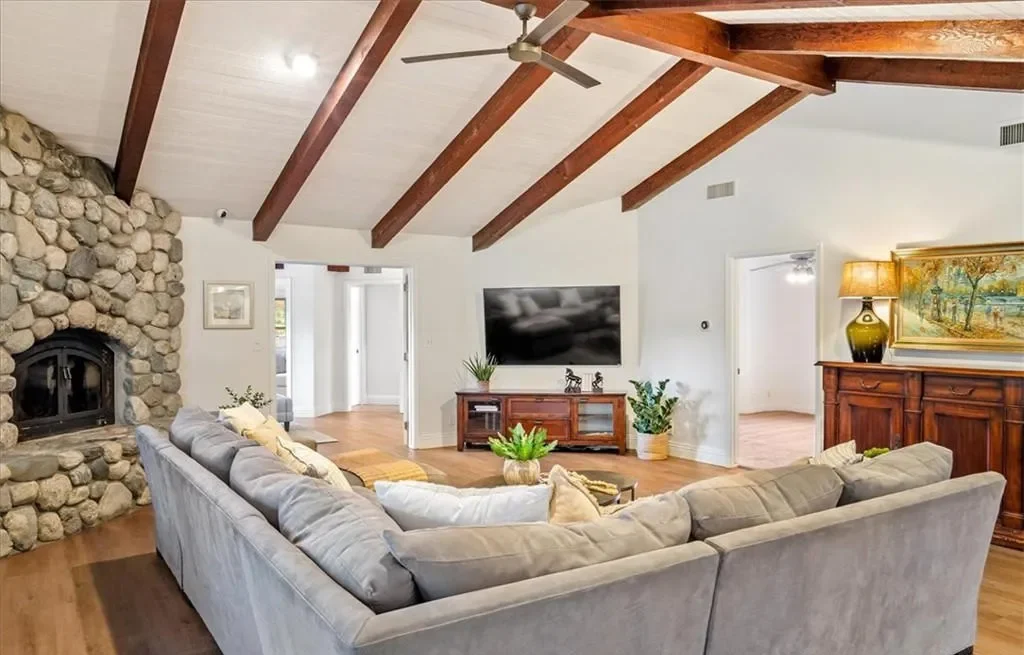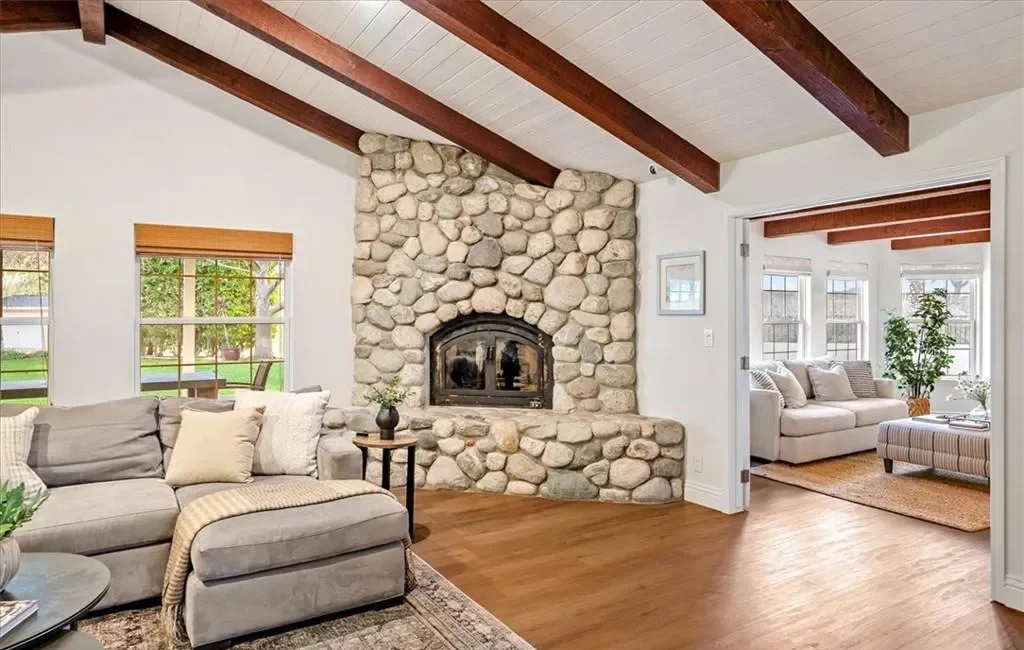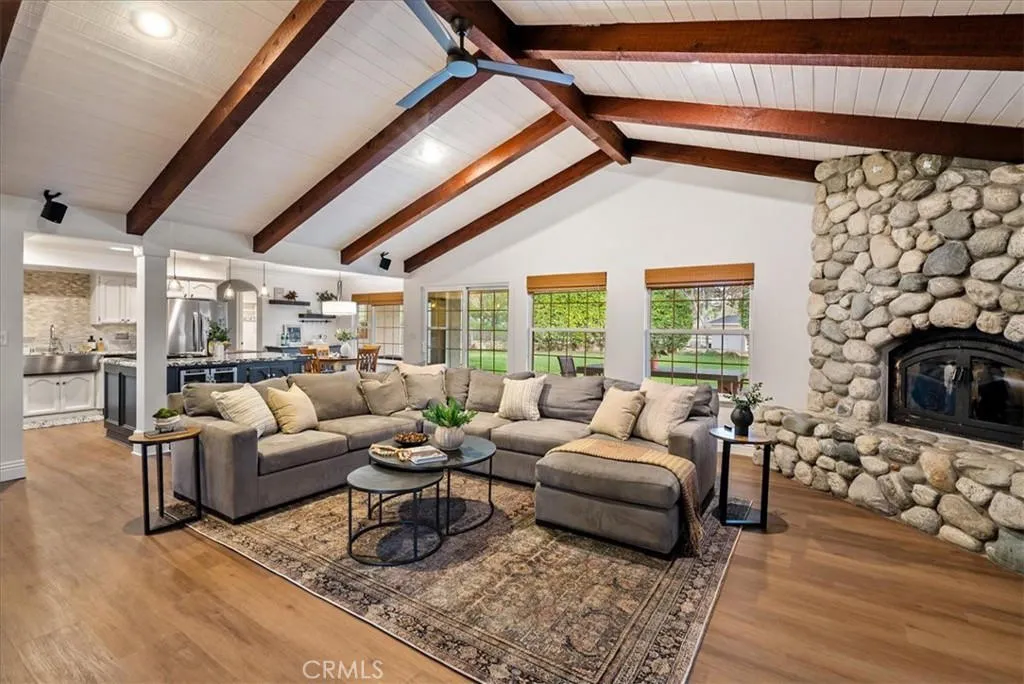When exploring residential treatment for mental health, one of the most common questions is how long should a stay last? Residential treatment programs take place in a structured setting that enables recovery, but the right duration depends on each individual’s mental health needs, goals, and the nature of their challenges.
Factors Influencing Treatment Duration
When it comes to choosing the right length for residential mental health treatment, there’s no universal answer. Each person’s journey to wellness is different, and residential programs aim to provide the flexibility to meet those needs. Here are some of the main factors that can determine how long a stay may be beneficial:
- Severity of the Condition: Mental health symptoms can range from mild to severe, with some individuals experiencing chronic or recurring episodes. For those dealing with ongoing or complex symptoms, a longer residential stay may provide the necessary time to stabilize and develop effective coping mechanisms.
- Type of Mental Health Challenge: Certain mental health conditions may respond better to different treatment timelines. Conditions like depression, anxiety disorders, and trauma-related disorders often require tailored therapies that need time to take full effect, especially when combined with lifestyle changes and skill-building.
- Individual Goals and Recovery Needs: Treatment goals are unique to each person. Some may seek short-term stabilization and immediate symptom management, while others may want to address deeper patterns and long-term recovery. These goals shape the duration of treatment, with some individuals benefiting from an extended stay to fully realize their recovery goals.
Ultimately, the decision about how long to stay in residential treatment should be guided by a combination of personal recovery goals and professional recommendations. While many programs start with a suggested timeframe, ongoing assessments often help individuals adjust their stay based on their progress and specific needs. This flexibility allows for a truly personalized experience, which can make a meaningful difference in long-term outcomes.
Common Program Lengths in Residential Treatment
Residential treatment programs often offer flexible lengths of stay. Common options include 30, 60, or 90 days, but there isn’t a one-size-fits-all approach. Many individuals begin with an initial time frame, then adjust as they progress. This flexibility is designed to accommodate the healing process, which can vary based on each person’s unique journey.
The Benefits of a Longer Treatment Program
While shorter stays can provide substantial support, longer treatment programs have unique benefits. Extended programs allow clients to fully integrate skills learned in therapy, build healthy habits, and practice these routines in a structured environment. This is particularly helpful for conditions that have been challenging to manage over the long term.
When a Shorter Treatment Program Might Be Beneficial
While extended residential stays can offer deep, lasting benefits, shorter treatment programs may be the right choice for some individuals. A condensed program—often lasting 30 days or less—can be ideal for those seeking immediate stabilization or support during a difficult period. For individuals with milder symptoms or a strong existing support network, a shorter stay may provide just the right level of focused care to help them regain stability and re-establish healthy routines.
In addition, shorter programs can work well for those who have already completed prior treatment and need a “refresher” to reinforce coping skills and techniques. These programs often provide intensive, structured therapy within a defined timeframe, which can support rapid improvements and help clients return to their daily lives with new tools and insights.
Ultimately, a shorter residential stay can serve as a powerful reset for those who are prepared to continue their journey through outpatient care, community support, or individual therapy. It offers a valuable balance of targeted treatment and flexibility for individuals who may benefit from a shorter, concentrated approach.
Transitioning to Ongoing Support After Residential Treatment
Many people find that following residential care with an outpatient or step-down program helps reinforce their progress. Outpatient support offers a continuation of therapy and resources, which can help maintain stability and prevent relapse.
Mental Health Residential Treatment at Robles Ranch Mental Health
Robles Ranch Mental Health’s residential program provides around-the-clock, specialized support for individuals facing complex mental health challenges, such as depression, trauma, and anxiety. In a peaceful, private setting in Paso Robles, California, clients can focus on recovery without external stressors. With a blend of professional psychiatric care and therapeutic services, the program is designed to create a safe space for individuals to heal and rebuild.
To start, we assess each patient and use that assessment to help us develop a treatment plan that addresses their unique mental health history and recovery goals.
Treatment includes a range of therapeutic options, from one-on-one psychotherapy to group sessions, which encourage peer connection and shared support. Therapists may use various approaches, such as cognitive behavioral therapy (CBT) and dialectical behavioral therapy (DBT), depending on the patient’s individual symptoms and experiences.
The program also integrates holistic therapies like yoga, meditation, and art therapy to promote overall well-being and stress reduction. Attention to physical health is a key component as well, with an emphasis on nutritious meals, regular exercise, and restorative sleep routines. After completing residential treatment, clients can transition to outpatient care and receive case management support, ensuring they continue to feel supported as they adjust to life beyond residential treatment.
Robles Ranch Provides Residential Treatment for Mental Health
Deciding on the length of a residential stay is a personal choice that should consider the individual’s needs, goals, and mental health condition. For those looking into mental health treatment, Robles Ranch Mental Health provides a serene residential environment and a variety of program lengths designed to support lasting recovery. Call us at (866) 840-3841 to learn more about our options for residential mental health treatment.
Get Help Now
If you or a loved one is struggling with mental health issues or dual diagnosis disorders and seeking a balanced approach to recovery, our dual diagnosis treatment in Georgia may be the right choice.
Latest Posts

Complex Trauma Residential Treatment

Silent Panic Attack





